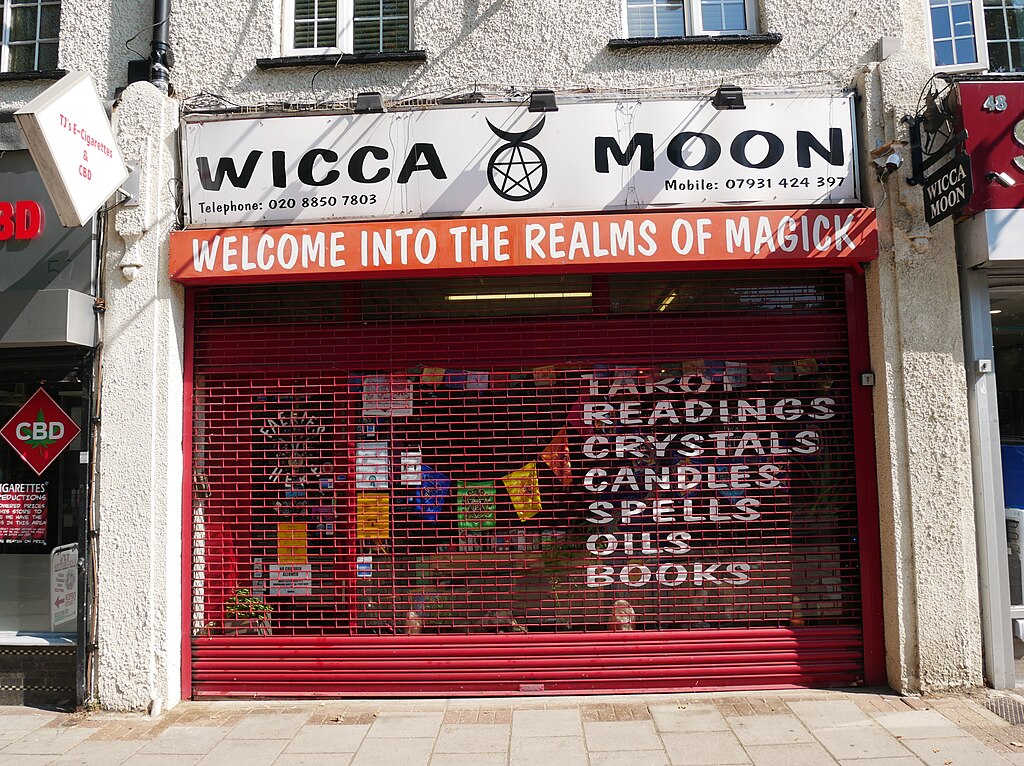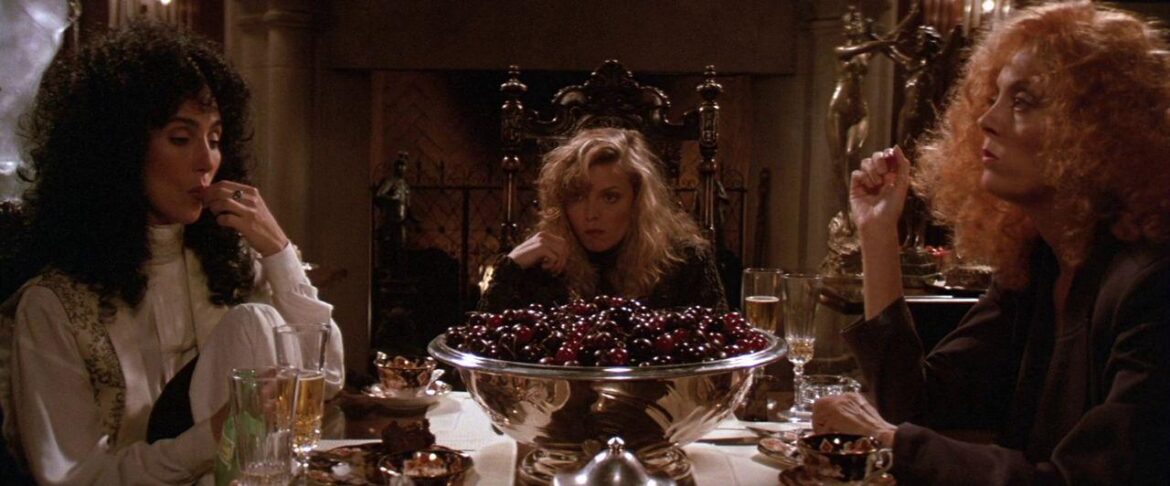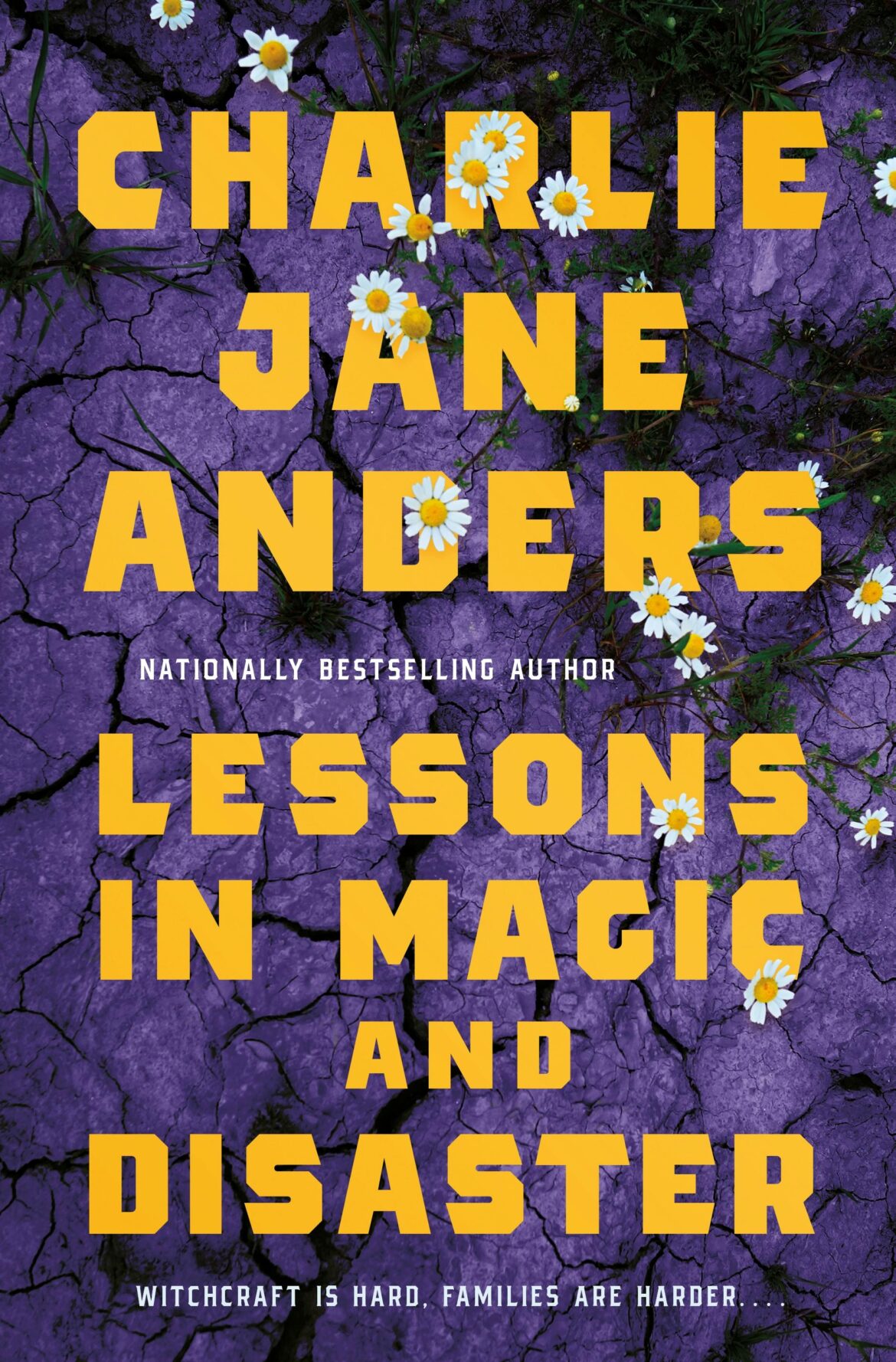Living
Reading Tarot for the Winter Solstice
|
“Under a sliver of new moon and the sound of church bells,” writes Meg Elison, “the town Witch was sat in the corner of the café with her tarot cards spread out, ready to read for the people of this small Berkshires town.” (The Witch is Meg.)




